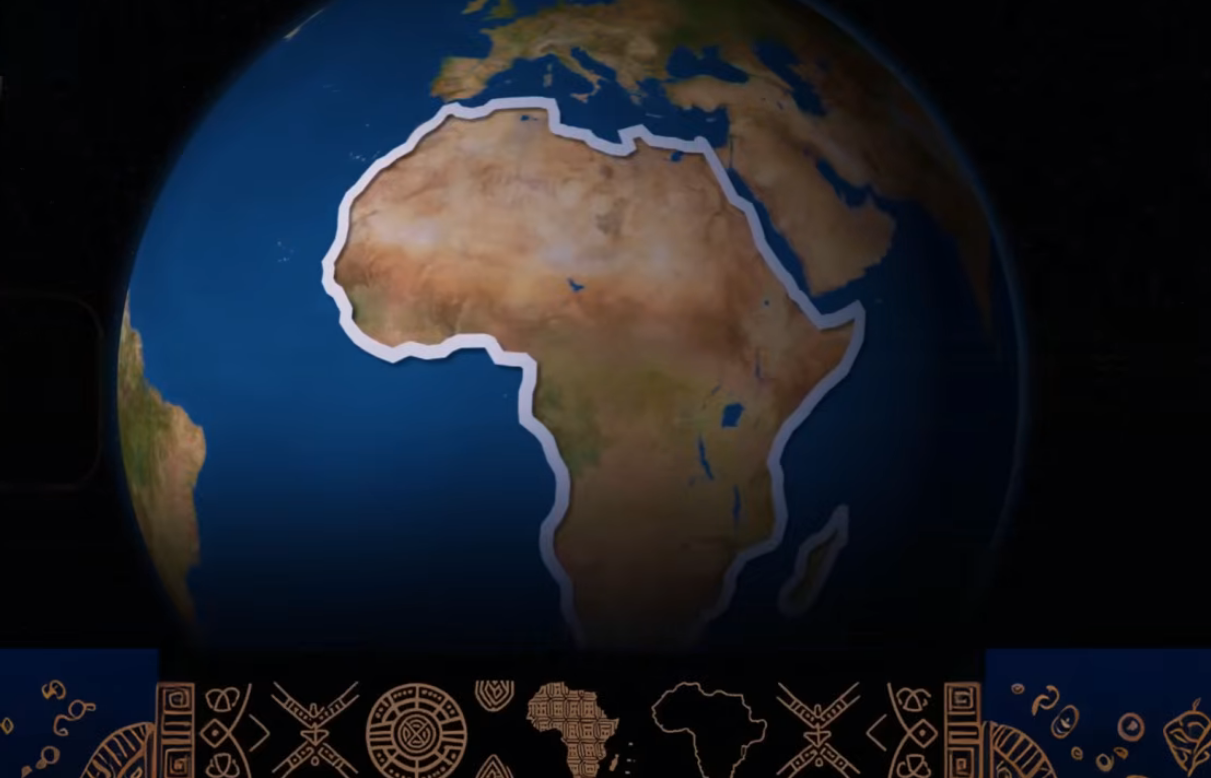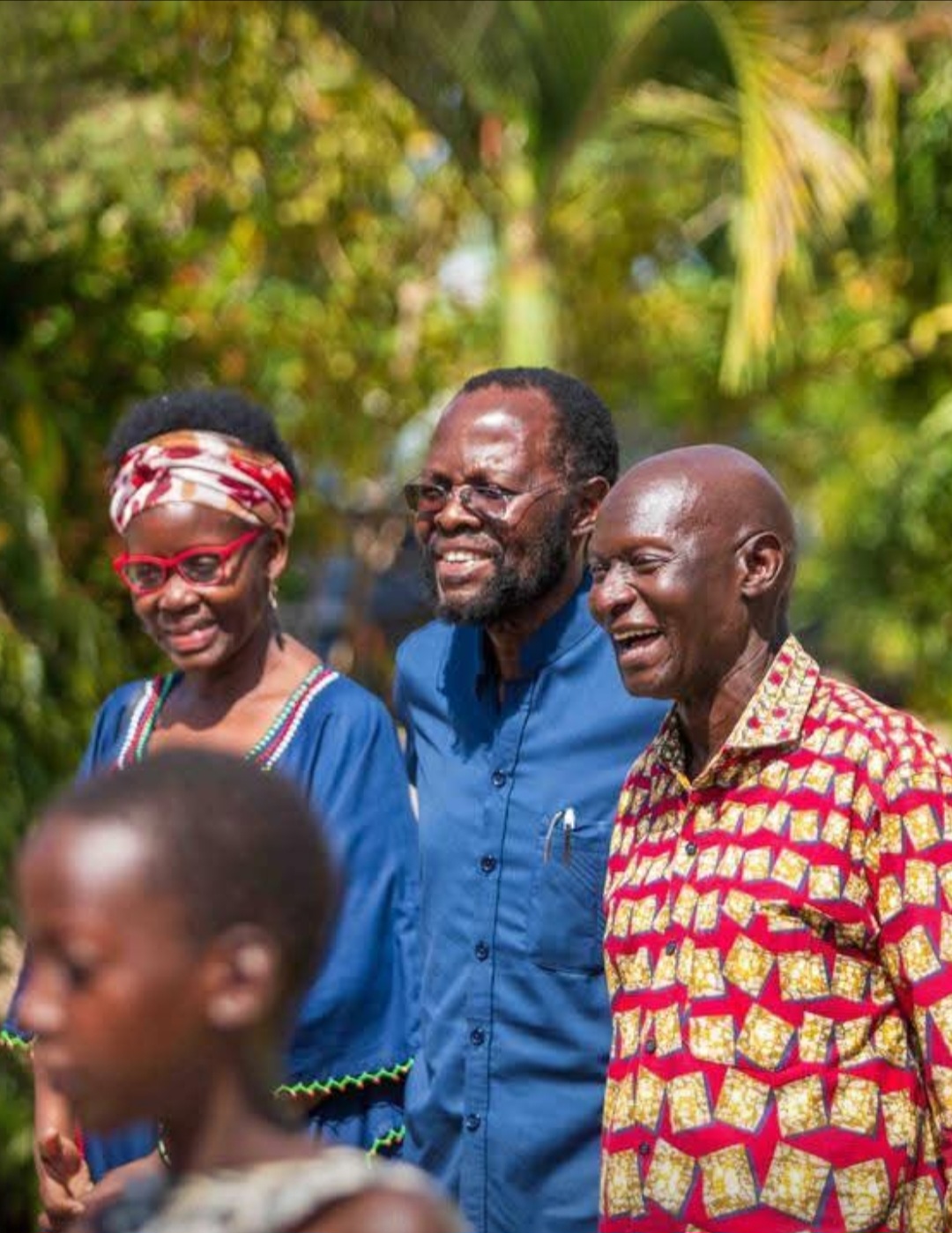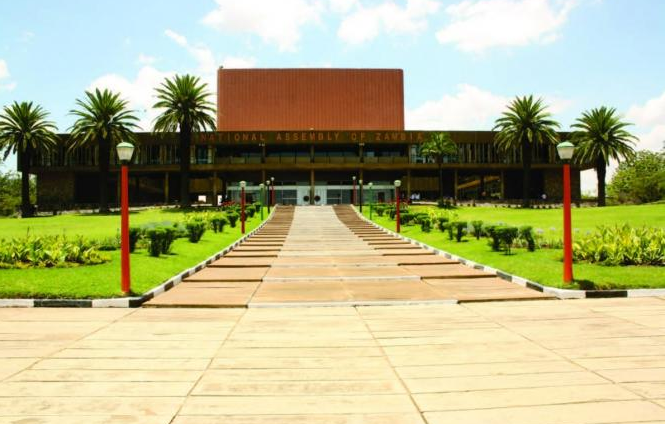Earlier this year, the International Court of Justice ruled that Israel’s actions in Gaza plausibly constitute genocide. The world’s most influential judicial body ordered Israel to stop killing civilians and to admit more humanitarian aid.

Unfortunately, Israel was having none of it. Israel’s killings have continued, with over 30,000 Palestinians in Gaza now dead and tens of thousands more at risk of dying from hunger and disease. Precious little aid is getting in.
And worse, the U.S. has joined Israel’s efforts to incapacitate Gaza’s most important relief agency.
Just hours after the Court’s decision was announced, Israel alleged that 12 Gazan employees of the UN’s Relief Works Agency (UNRWA) — the primary body responsible for providing humanitarian support to Palestine refugees — were Hamas members connected to the October 7 attacks.
For more than half a century UNRWA has provided all the services in Gaza that would ordinarily be provided by a government. Most of Gaza’s doctors, nurses, teachers, engineers, and street sweepers are UNRWA employees. Without UNRWA, all the other UN agencies and nonprofits would be unable to carry out their crucial work in the region.
UNRWA employs thousands of people in Gaza. Israel’s claim about 12 of them was dubious — and the country’s government offered no evidence for it.
In fact, the names of all UNRWA employees had been provided to Israel earlier in the year for vetting and no concerns were raised. But just in case, UNRWA immediately announced it was firing the named employees (minus two who’d been killed). And the UN launched two separate investigations.

Instead of waiting for these investigations to play out, the Biden administration immediately cut its entire aid allocation to UNRWA, despite the agency’s irreplaceable role in getting desperately needed aid into Gaza. Many key U.S. allies followed suit, and the U.S. Senate voted to explicitly bar UNRWA from receiving future humanitarian aid.
Some in Washington suggested they might redirect UNRWA funds to organizations like UNICEF and the World Food Program, but UNICEF and WFP together have less than 70 staff on the ground in Gaza — UNRWA has over 13,000. U.S. officials themselves had admitted earlier that UNRWA was “the only game in town” in terms of getting any significant aid into Gaza.
The impact of these cuts on the already threatened lives of 2.3 million displaced Gazans — as well as millions more Palestinian refugees in the West Bank, Jordan, Lebanon and Syria — can hardly be overstated. Defunding the agency further undermines Palestinians’ access to water, food, medicine, shelter, and fuel — and alongside ongoing U.S. military support for Israel, makes Washington complicit in genocide.
Thousands of Palestinians — especially babies, children, pregnant women, and the elderly — will die as a result of these cuts. And the millions of Palestinian refugees throughout the region will lose the only international agency in the UN system that’s mandated to protect their rights, including their right to return someday to their homes in what’s now Israel.
Creating conditions that threaten the survival of all or part of a given population is part of the very definition of genocide under international law. To feed children, treat the wounded, and save innocent lives — and avoid being complicit in genocide — the U.S. must restore UNRWA’s funding and use its leverage to compel an immediate ceasefire in the conflict.

Phyllis Bennis is a Middle East expert at the Institute for Policy Studies and an international adviser for Jewish Voice for Peace. This op-ed was adapted from a longer version published by The Nation and distributed for syndication by OtherWords.org.






